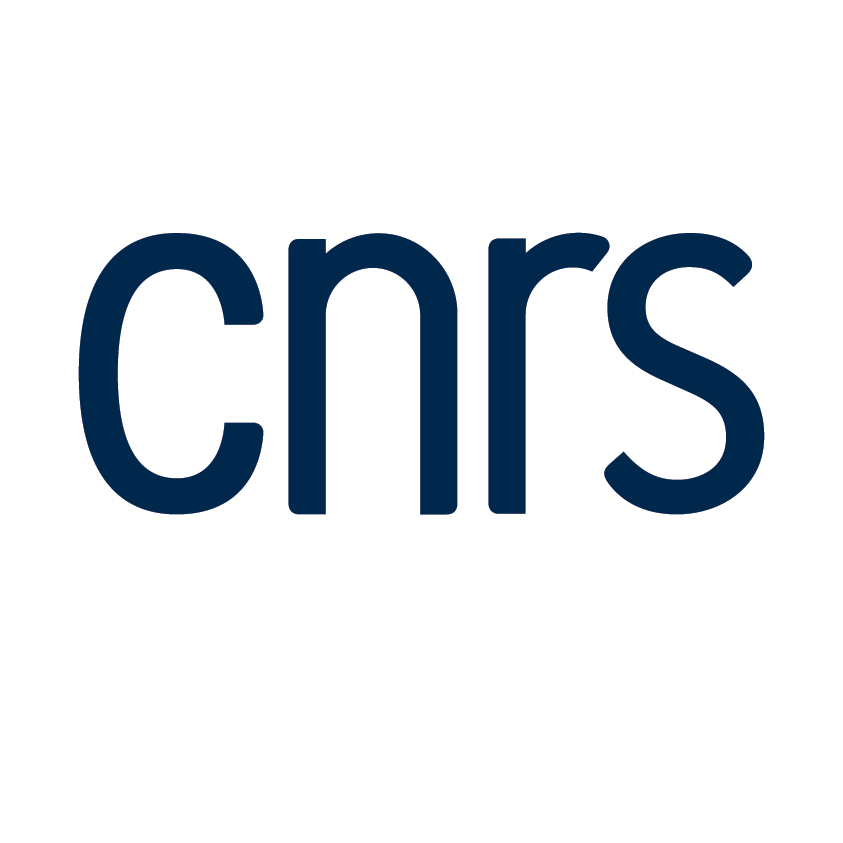Groupe de Travail Analyse
Controllability, coercivity inequalities and Nullstellsensatz - partie 1
Armand Koenig
( IMB )Salle de conférences
06 mai 2024 à 14:00
Consider a control system 𝛛t f + Af = Bu. Assume that 𝛱 is
a projection and that you can control both the systems
𝛛t f + 𝛱Af = 𝛱Bu,
𝛛t f + (1-𝛱)Af = (1-𝛱)Bu.
Can you conclude that the first system itself is controllable ? We
cannot expect it in general. But in a joint work with Andreas Hartmann,
we managed to do it for the half-heat equation. It turns out that the
property we need for our case is:
If 𝛺 satisfies some cone condition, the set {f+g, f∈L²(𝛺), g∈L²(𝛺),
f is holomorphic, g is anti-holomorphic} is closed in L²(𝛺).
The first proof by Friedrichs consists of long computations, and is
very "complex analysis". But a later proof by Shapiro uses quite
general coercivity estimates proved by Smith, whose proof uses some
tools from algebra : Hilbert's nullstellensatz and/or primary ideal
decomposition.
In this first talk, we will introduce the algebraic tools needed and
present Smith's coercivity inequalities. In a second talk, we will
explain how useful these inequalities are to study the control
properties of the half-heat equation.




